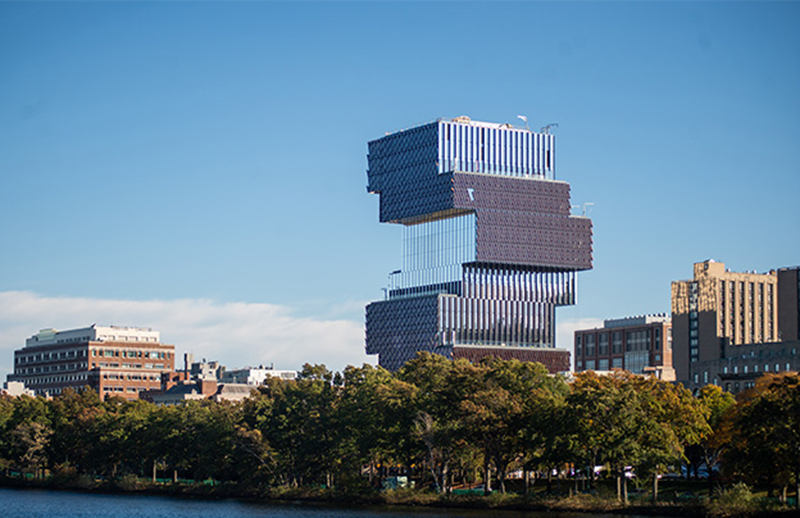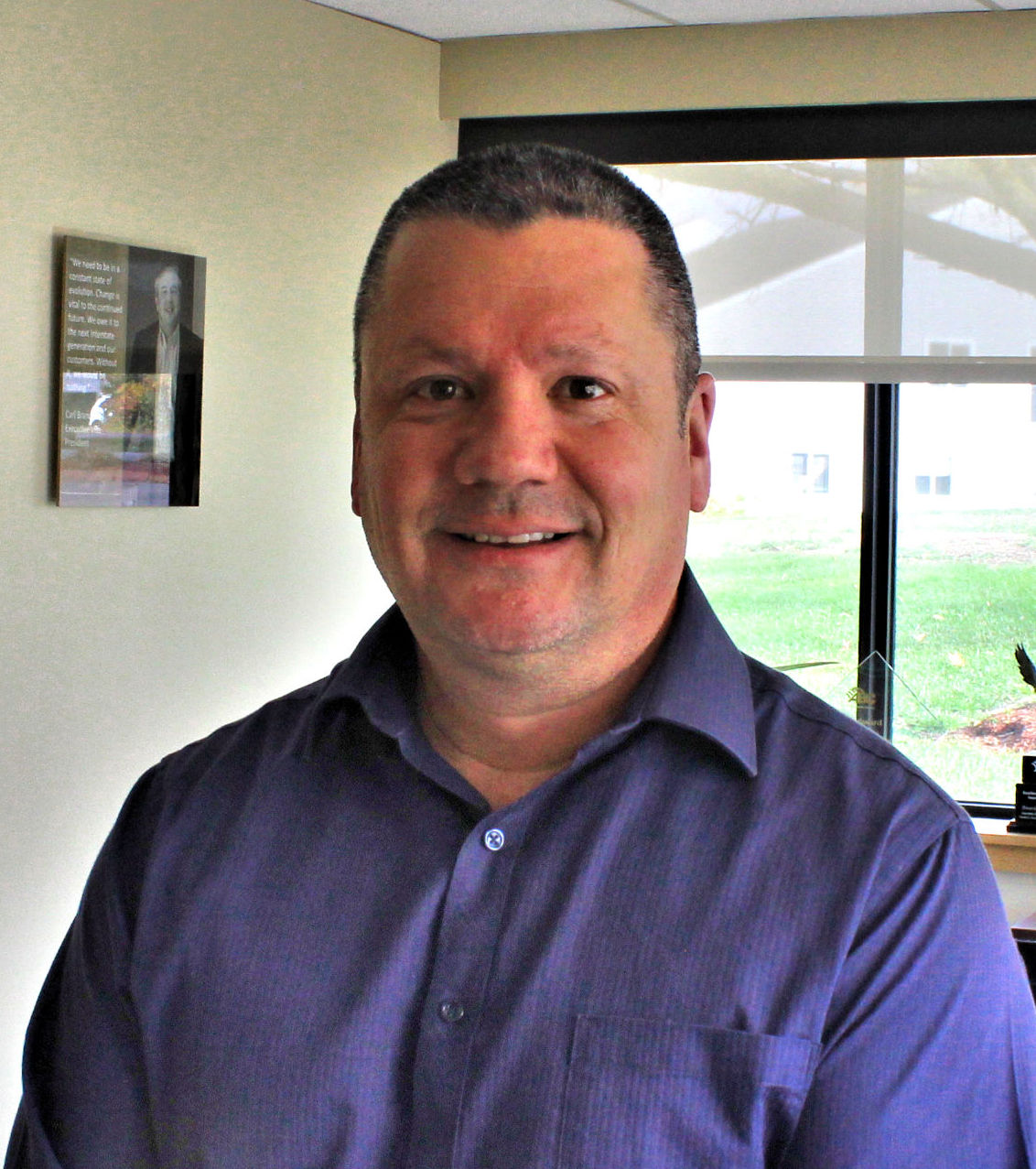Nitsch Engineering’s work on Boston University Center for Computing and Data Sciences earns engineering award

Boston, MA According to Nitsch Engineering, the Boston University Center for Computing and Data Sciences (CCDS) project won a 2024 Engineering Excellence Gold Award from the American Council of Engineering Companies of Massachusetts (ACEC/MA). The award recognizes Nitsch Engineering for its innovative approach to sustainable site design and stormwater management, in collaboration with architect KPMB and project owner Boston University.
The CCDS project converted a former parking lot into one of the city’s greenest buildings – a LEED Platinum, 345,000 s/f building that will reach carbon neutrality by 2040. The building boasts a unique profile, and provides new community spaces both within the building and along the streetscape.
Nitsch overcame significant site constraints on the two-acre urban site to design an innovative stormwater management system that manages stormwater from the CCDS and 28 adjacent properties. These 28 historic brownstones presented a complex challenge: protecting them from stormwater flooding while also protecting their wood pile foundations by keeping groundwater levels high. This design was further complicated by the fact that the interior of the site was eight feet below adjacent street grades and over 600 ft. from a closed drainage system low enough to convey stormwater from the site.
This site did not allow for a traditional stormwater management system with a standard sloped pipe network. In the innovative system, the overflow pipe was set level. As water levels rise, stormwater fills the various retention systems to their overflow levels. Once the flat pipe is full, water levels continue to rise along the hydraulic grade line, pushing water up and out of the alley into the more traditional conveyance system in Granby St. This flat plane conveyance system is supplemented with porous paver systems and planter areas to increase stormwater retention on the site, stormwater injection wells, and rainwater storage and reuse.
The stormwater system design was further complicated by the need to coordinate system elements with 31 geothermal wells and associated piping, sewer infrastructure for the new building, existing and proposed electrical and communications duct banks, and several structural retaining wall footings within the constrained space.
Nitsch also coordinated permitting for features that promote community access and safety. Conversion of Granby St. to two-way with a raised cycle track improves bicycle safety. Wider Commonwealth Ave. crosswalks and on-site bike parking encourage non-vehicular access. Rideshare drop-off areas, proximity to public transit, and a welcoming alley entrance further the community focus.
The iconic offset façade allows more space for green roofs, which reduce the carbon footprint. An integrated rainwater harvesting system irrigates the roofs. The CCDS meets sustainability goals through renewable energy, achieving carbon neutrality by 2040. Interactive lobby displays educate the public about sustainable building features.
As the city of Boston moves towards a greener, more sustainable future, the CCDS provides a high-profile model for successful sustainable engineering and design.
Timberline Construction Corp. completes renovation for Notre Dame Long Term Care facility


Insulation experts are the unsung heroes of our clean energy progress - by Jeffrey Saliba

It’s time to lead: Confronting mental health in construction - by David Watts

Ask the Electrician: How do I prepare my commercial building for a disaster?


.png)








.png)